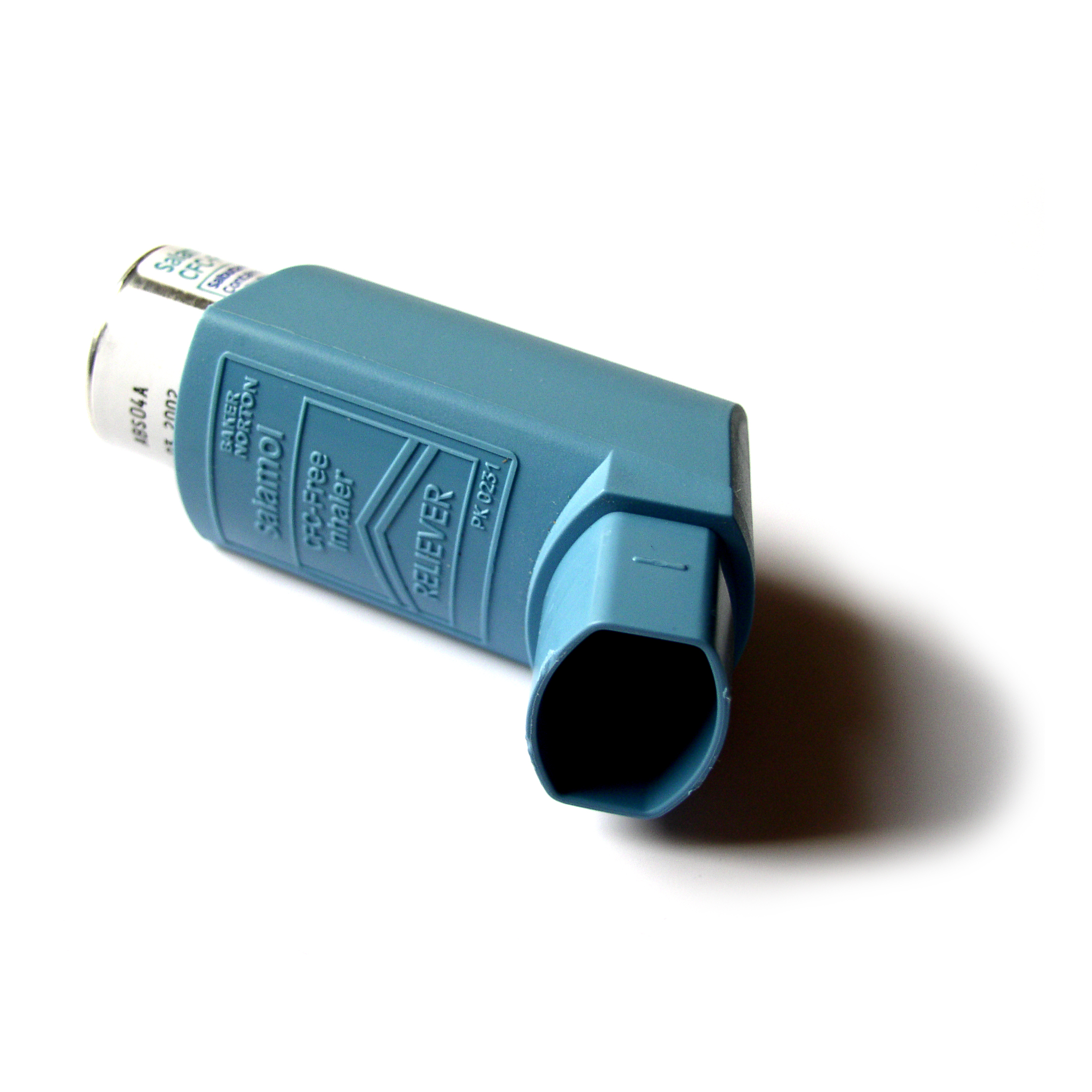
TUESDAY, Oct. 5 (HealthDay News) — Children, males and blacks have the highest rates of food allergies in the United States, and the risk is 4.4 times higher among male black children than in the general population, a new study finds.
Overall, 7.6 million people (2.5 percent of the U.S. population) are estimated to have food allergies, according to researchers who analyzed data from 8,203 people, aged 1 year to 60 and older, who were included in the National Health and Nutrition Examination Survey in 2005-06. The participants had their blood tested for antibodies to four specific foods: peanuts, milk, eggs and shrimp.
Food allergy rates were highest (4.2 percent) among children aged 1 to 5 and lowest (1.3 percent) among adults older than 60. Compared to the general population, food allergies were two times more common among children aged 1 to 19, three times more common among blacks and two times more common among males.
Peanut allergy was the most common food allergy, affecting 1.3 percent of the survey participants. Rates of peanut allergy were 1.8 percent in children aged 1 to 5, 2.7 percent in children aged 6 to 19, and 0.3 percent in adults.
The study, which appears in the November issue of the Journal of Allergy and Clinical Immunology, was funded by the U.S. National Institute of Environmental Health Sciences.
“This study is very comprehensive in its scope. It is the first study to use specific blood serum levels and look at food allergies across the whole spectrum, from young children aged 1 to 5, to adults 60 and older,” senior study author Dr. Darryl Zeldin, acting clinical director at the institute, said in an agency news release.
The authors comment in the paper that food allergies may be under-recognized in blacks, males and children, because previous studies relied on self-reporting.
They also found that food allergies were twice as likely among people with asthma than among those without asthma and that the likelihood of having food allergies grew with increasing asthma severity.
People with asthma were 3.8 times more likely to have food allergies than those who had previously been diagnosed with asthma but no longer had it. Food allergies were seven times more common among people who had an asthma-related emergency department visit in the past year than among those who had ever been diagnosed with asthma but hadn’t been to an emergency department.
The risk of a severe asthma attack was 6.9 times higher for people with asthma and food allergies than those without food allergies.
“This study provides further credence that food allergies may be contributing to severe asthma episodes, and suggests that people with a food allergy and asthma should closely monitor both conditions and be aware that they might be related,” study author Dr. Andrew Liu, an associate professor of pediatrics at National Jewish Health in Denver, said in a news release from National Jewish.
More information
The U.S. National Institute of Allergy and Infectious Diseases has more about food allergy.

